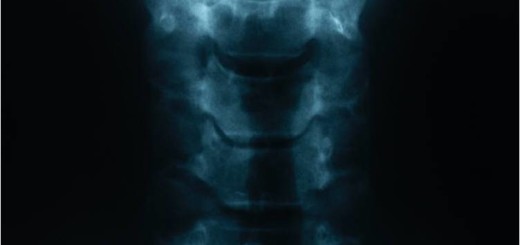“Transform yourself to wine” …the wisdom of Rilke
While looking for the specific verse in Rainer Maria Rilke’s The Sonnets to Orpheus, about how the nymph, Lament, is still learning (I’d been reminded of it while reading The Wishing Year by Noelle Oxenhandler), I came across a translation by Robert Hunter. There seems to have been many translations of the German into English, but Hunter says that his reproduction “approximates the original rhythm & rhyme” of the Rilke’s poem. Whether this is true or not, I am not fit to judge as I don’t know a lick of German, but I really love his version for the very reason he claims… I guess the rhythm and the rhyme helped to open the meaning of it to my poet’s ear.
So, here’s the verse I’d wanted:
Joy has certainty; Longing: her confessions.
Lament alone still learns. Through night’s successions,
she tallies, with girlish hands, our ancient vices.
To me, that image of Lament and her sisters, Joy and Longing, is just so deliciously insightful. We continue to learn through sorrow mode, we continue to stagnate in longing mode, but when we get to joy mode there’s certainty. Joy, the absence of uncertainty or, rather, fear.
The next three lines are:
Suddenly, hesitant and awkward,
she chooses a constellation among our voices
and flings it, free of sorrow, heavenward.
Lament flings a constellation heavenward. The story goes that Rilke wrote the poem during a time when he grieved the death of a friend, the dancer Vera Knoop. If this is true, then the starry formation could be his friend being flung heavenward. He seems to share the widely-held belief that death will bring a release from sorrow.
On a personal note, I just wonder how sweet life would be if, collectively, we decided not to wait until death to be released from sorrow. I believe Rilke’s final stanza of the sonnet sequence suggests that this can be so. He advises us to recognize opportunities to know ourselves (our own “sweet tones”) even in darkness, transform ourselves in the face of despair (“transform yourself to wine”), be in connection to our higher-self purpose on earth (the purpose of your sense’s mysterious plan) and know that we are bigger than our earthly experience.
Before I leave you with Rilke’s profound words from the ending of his poem, let me simply say this… of the three sisters, I choose to hang out with Joy. It’s not because I don’t want to learn anything or that I don’t have any wishes to make, and it’s not just because she’s a whole lot more fun. It’s because she helps me see the certainty that we are more than this flesh. Joy helps me to release sorrow now rather than later, at death. And, after all, couldn’t that actually be the ultimate wish for us to make, the ultimate lesson for us to learn?
Silent friend of many distances, feel
how space dilates with each breath of yours.
Among the rafters of dark belfries peal
your own sweet tones. Your predatorswill grow strong upon such fare.
Know transformation in its varied sign.
Which experience produces most despair?
If drinking offend, transform yourself to wine.Be, in this immensity of night,
the magic force at your sense’s crossroad;
the purpose of their mysterious plan.And though you fade from earthly sight,
declare to the silent earth: I flow.
To the rushing water say: I am.




The mighty desert is burning for the love of a bladeof grass who shakes her head and laughs and flies away.Do you like it?
Love it, jordan 11!